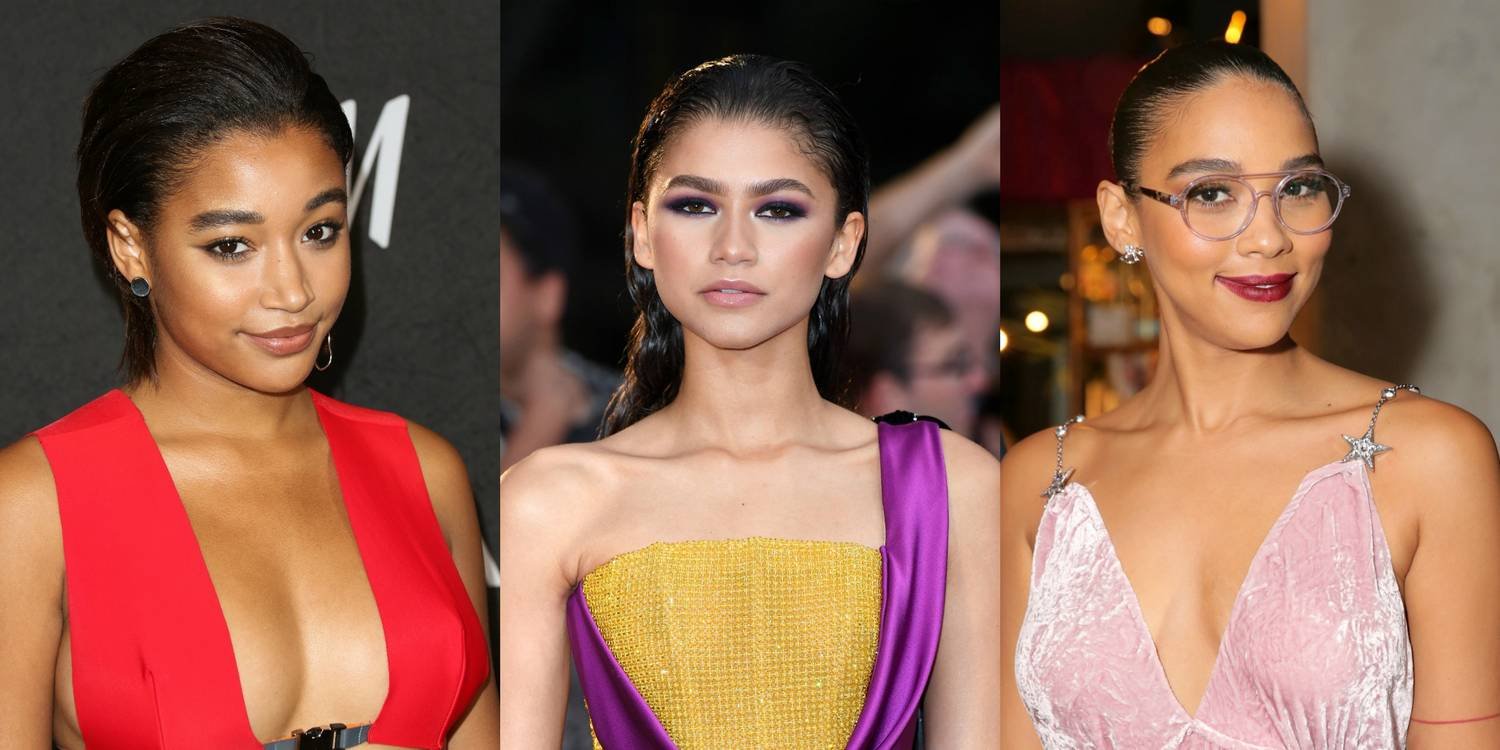Hollywood’s Colorism Problem
Recent progression in Hollywood has seen more people of color portrayed on screen. While this is a great step forward, there is still a problem with colorism, or the discrimination usually within one ethnic or racial group in which a lighter skinned person is favored over their dark skinned peers. The problem here is that while diversity is increasing on screen, it doesn’t portray the wide variety of skin tones that are actually present in America, and instead favors light-skinned actors and actresses.
The problem is arguably more present within young actresses of Hollywood. Take for example the film adaptation of The Hate U Give, which follows a young black woman after her friend is shot and killed by a police officer. The lead, Starr, played by Amandla Stenberg caused a lot of controversy due to the differences in skin tone as depicted in the book versus the movie. The book cover itself showcases a dark-skinned girl, while Stenberg has significantly lighter skin. Aside from roles with light-skinned actors being casted to play deliberately dark-skinned characters, these women seem to generally prevail in film over their darker skinned peers. When you think of young black women as leads in film and TV, most that come to mind have comparatively lighter skin. HBO’s Euphoria with Zendaya as Rue, The Little Mermaid live-action reboot with Halle Bailey as Ariel, and Yara Shahidi in Black-ish as Zoey. Even cartoon depictions of black women have light skin, such as Princess Tiana in Ralph Breaks the Internet.
It’s particularly interesting to see how this problem affects black women more than men. As mentioned before, Euphoria saw Zendaya as one of the only black women in the show, while the black characters such as Algee Smith as McKay or Colman Domingo as Ali have significantly darker skin as compared to Zendaya. Other popular black actors like John Boyega and Tyler James Williams are seen on screen at the same rate as their female counterparts, yet are dark skinned men.
This isn’t to say it’s the fault of light skinned women for being arguably more well-represented on screen. The people producing these shows and movies and hand-selecting cast members are at fault. This also isn’t to undermine the significance and importance of seeing black characters on screen. Simply put, it’s a demand for Hollywood to do better for black people and women alike. Hollywood is failing to reject the typical standards of beauty, which insert a more white-washed appearance, emphasizing light-skin and straighter hair. Ultimately, this problem affects both black people in a lack of accurate representation, as well as women in a lack of challenging beauty standards.
Strike out,
Writer: Sara Micale
Editor: Ridha Islam
Strike Magazine Athens



